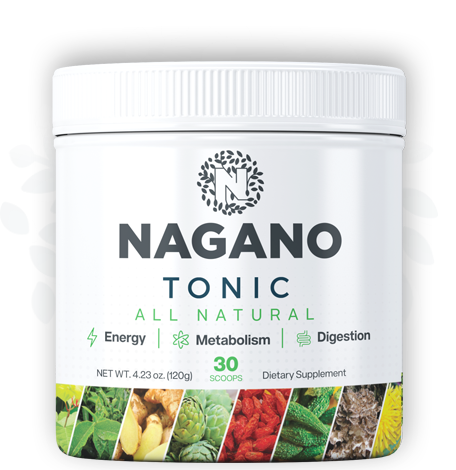
Nutrition Timing: When to Fuel for Optimal Running
Key Takeaways
- Nutrition timing is crucial for enhancing performance in runners.
- Fueling before, during, and after your runs can optimize energy levels and recovery.
- Carbohydrates are essential for pre- and post-run meals.
- Hydration plays a key role in maintaining performance.
For runners, understanding when and what to eat is as essential as the training regimen. Nutrition timing focuses on optimizing intake before, during, and after workouts to improve performance and recovery. In this article, we’ll explore how strategic fueling can lead to better runs and overall athletic success.
The importance of nutrition timing for runners
Nutrition timing can significantly impact your performance during runs. Whether you're a recreational jogger or a seasoned marathoner, the timing of your meals and snacks is crucial. Here's a brief outline of the phases of nutrition timing:
| Phase | Timing | Focus |
|---|---|---|
| Pre-Run | 1-3 hours before running | Energy and hydration |
| During Run | 30 minutes to 1 hour into the run | Maintaining energy levels |
| Post-Run | Within 30 minutes after finishing | Recovery and replenishment |
1. Pre-Run Nutrition
Before hitting the pavement, it is essential to fuel your body. Carbohydrates are key, offering the immediate energy needed for sustained running. Here are some popular pre-run foods:
- Bananas
- Oatmeal
- Whole grain toast with peanut butter
These foods help maintain energy levels for your run and can prevent fatigue in the early stages. Pair your meal with water to ensure adequate hydration.
2. During the Run
For runs longer than an hour, it’s crucial to replenish lost energy. Consuming carbohydrates during your run can help maintain performance. Ideal options include:
- Energy gels
- Sports drinks
- Chewy energy bars
The goal during this phase is to consume 30 to 60 grams of carbohydrates per hour. Doing so can delay fatigue and sustain your energy levels.
3. Post-Run Nutrition
Post-workout nutrition is vital for recovery. After a run, your muscles are primed to absorb nutrients. Here’s what to focus on:
- Protein to repair muscles (think chicken, fish, or legumes)
- Carbohydrates to replenish glycogen stores (rice, quinoa, or potatoes)
- Hydration to replace fluids lost during your run
Aiming for a meal or snack with a 3:1 ratio of carbs to protein is a good practice for recovery.
Hydration: An integral part of nutrition timing
Hydration and nutrition are inseparable when it comes to running. Proper hydration before, during, and after your runs is crucial. Here’s a general guideline:
| Hydration Tips | When to Drink |
|---|---|
| Drink water | 2 hours before your run |
| Carry water or sports drink | During long runs |
| Rehydrate | Post-run |
By following these hydration guidelines, you can ensure your body performs at its best.
Common pitfalls to avoid
While understanding nutrition timing is beneficial, many runners fall into common traps. Here are a few pitfalls to avoid:
- Not eating enough carbohydrates, leading to low energy levels.
- Overeating before runs, causing discomfort.
- Neglecting post-run nutrition, which can lead to slower recovery.
Tips for effective nutrition timing
Beginners Section: Quick tips
- Practice your nutrition timing on shorter runs before race day.
- Keep a log to see what works best for you regarding meals and timing.
- Experiment with different fuel sources during training runs.
Conclusion
Effective nutrition timing is about fueling your body at the right moments. By planning your meals and snacks around your runs, you can enhance your performance and recovery. Dive deeper into the world of running by exploring [Nutrition and Supplements](/products/nutrition-and-supplements) or discover the latest [Expert Tips](/blog/expert-tips) for maximizing your running experience!
Pros
- Enhanced performance during runs
- Faster recovery times
- Reduced fatigue
Cons
- Requires planning and consistency
- Certain foods may not agree with all runners
